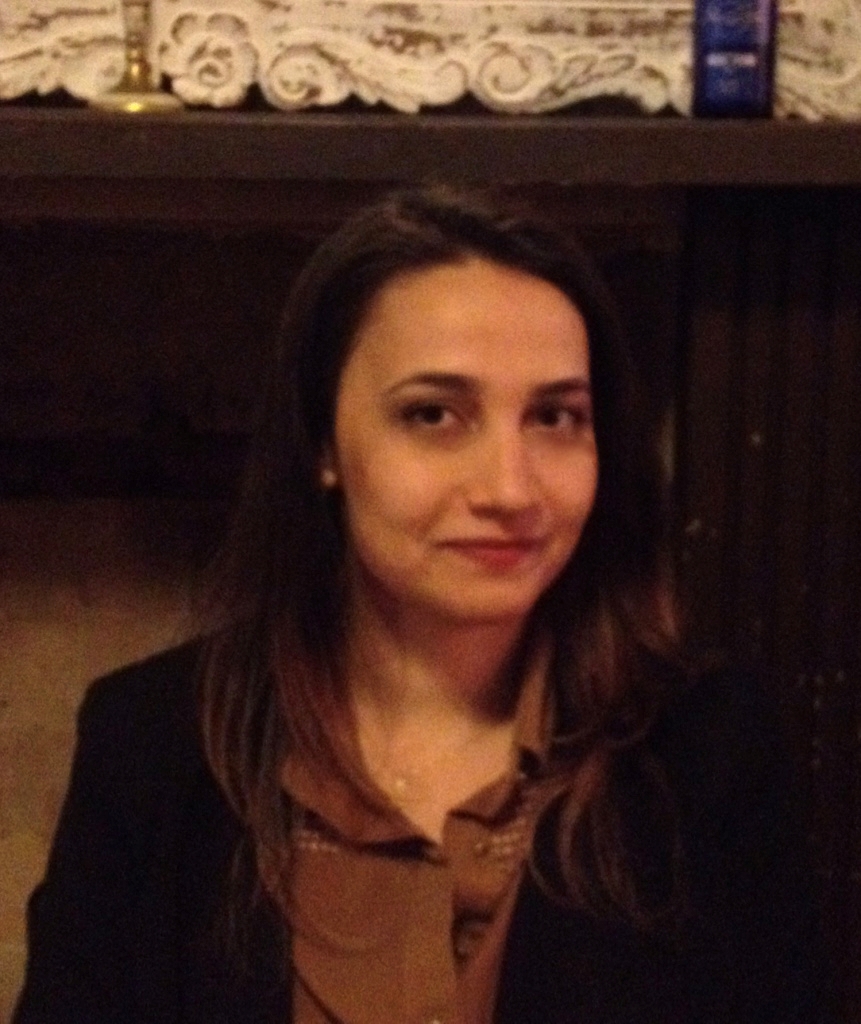
Nazlı Özkan, a post-doctoral fellow with the King Fahd Center for Middle East Studies, will give a lecture entitled "The 'New Turkey' in Its Historical and Global Context: Secularism, Islamism, and Populism" on Tuesday, Jan. 22. The lecture will take place from 4:30-6 p.m. in the Arkansas Union Room 510-511.
Attendees are invited to a reception to follow the event to meet Middle East Studies faculty, students and staff.
In her lecture, Özkan will examine the changing dynamics of state governance in Turkey in its historical and global context. Turkey has undergone a period of major political, economic, and social transformations since 2002, when the pro-Islamist Justice and Development Party (AKP) rose to power. In its early years, the AKP received international praise for successfully combining democracy and Islam, and was presented as a strong model for other countries in the Middle East.
Political turmoil, however, has dramatically changed the positive image of the party. With the nationwide, anti-government Gezi Park Protests in 2013, a failed coup attempt in 2016, and the subsequent declaration/implementation of emergency rules, Turkey's image has become associated more with authoritarianism than with democracy.
Özkan's lecture will explore political change in Turkey in relation to the global rise of conservative governments and rightwing movements in countries such as the US, France, and Brazil. A long-time candidate for membership in the European Union, Turkey occupies a unique position in the Middle East region. Özkan will use this vantage point to examine the public appeal of populist and rightwing leaders both in the West and in the Middle East.
Özkan holds a doctorate in cultural anthropology from Northwestern University, and started her academic career in the United States as a Fulbright Fellow at the University of Arkansas. Her dissertation project on secularism, news media, and religious difference in Turkey received support from prestigious institutions such as the Wenner-Gren Foundation and Henry R. Luce Initiative of Religious and International Affairs. Her broader research interests include media and religion, journalism, religious minorities in the Middle East, anthropology of the state, political economy, and history of anthropological thought.
This lecture is presented by the King Fahd Center for Middle East Studies, the Department of Anthropology, and the Religious Studies Program at the University of Arkansas, and is free and open to the public.
Learn more about the event on its Facebook page.
Topics
Contacts
Nani Verzon, project/program specialist
Middle East Studies Program
479-575-2175,